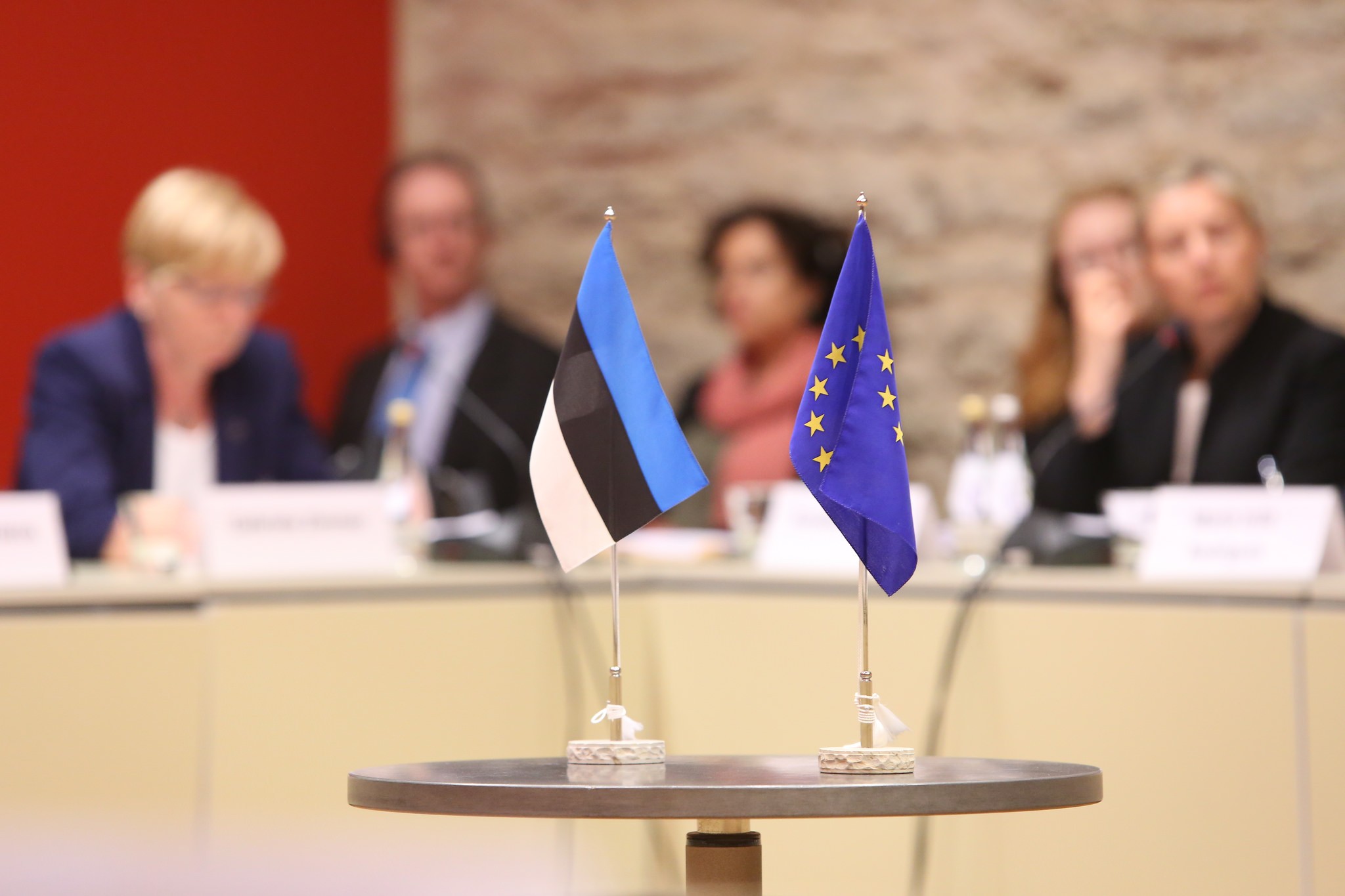A new governing coalition was formed in Estonia as the previous one struggled to build a consensus. However, the next general elections will already be held in March 2023. Meanwhile, the far-right party has changed the political culture of the country due to their divisive and insulting rhetoric.
Economically, the ensuing security crisis in Europe and economic sanctions against Russia led to rapid price increases in the country. Despite very high inflation and weakened economic growth, the unemployment rate decreased and remained below the EU average. Overall, the fundamentals of Estonia’s macroeconomic performance remain strong.
The large number of refugees that flee from the war in Ukraine poses a major challenge to the government’s administrative capacity. However, times of crisis have also provided a window of opportunity to implement necessary reforms that have long been mired in administrative or political obstacles and resistance.
